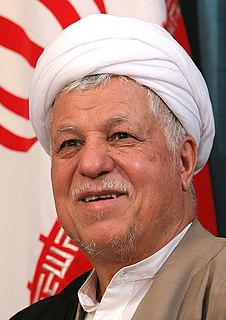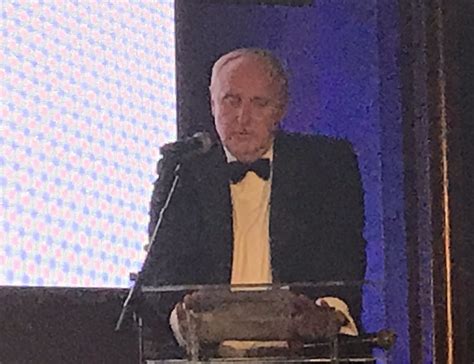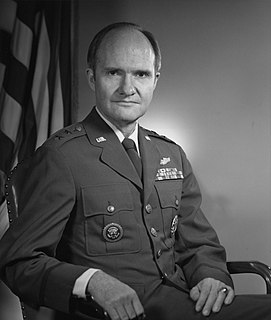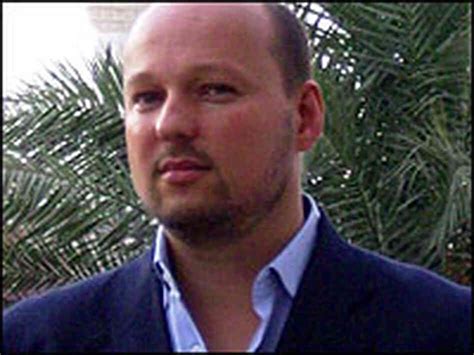A Quote by Garry Kasparov
When considering the Islamic world, Turkey is the best example of a country where democracy irreversibly gained a foothold despite religious and cultural traditions still respected today. With some reservation, this can be said about Pakistan, too, where we can observe dynamic political processes going on [and] governments change as a result of elections. In my opinion, it is up to the ruling elite to initiate cardinal changes.
Quote Topics
About
Best
Cardinal
Change
Changes
Considering
Country
Cultural
Democracy
Despite
Dynamic
Elections
Elite
Example
Gained
Going
Governments
In My Opinion
Initiate
Islamic
Observe
Opinion
Pakistan
Political
Political Process
Processes
Religious
Reservation
Respected
Result
Ruling
Said
Some
Still
Today
Too
Traditions
Turkey
Up
World
Related Quotes
This democracy... The elections in Iraq were held despite the American opposition. It was the will of the Iraqi people and the religious authorities. [The elections] were the result of pressure by Ayatollah Sistani, by the Iraqi religious authorities, and by the fighting forces in Iraq on America. They left the US no choice but to allow the elections.
It is that the Mail constantly dares to stand up to the liberal-left consensus that dominates so many areas of British life and instead represents the views of the ordinary people who are our readers and who don't have a voice in today's political landscape and are too often ignored by today's ruling elite.
To attain peace among the nations in any dynamic or enduring form requires not simply political negotiation but a new mode of consciousness. The magnitude of this change is in the order of religious conversion or of spiritual rebirth rather than of treaty processes or even of inter-cultural understanding. Simply to recognize the basic nature and dimension of the issues we face is already an advance.
The second part of that war was that Muslims came from all over the country to Pakistan, and they met each other. For the first time those men had an awareness of the Islamic world as a whole, not of just Egypt or Algeria or Indonesia, but of what Muslims call the Uma, the Islamic community. And that's an extraordinarily important thing. And that emanated in Pakistan.
I think it's something that the citizenry needs to be vigilant about - participating in democracy, and that includes issues like what's going on and how much secrecy and transparency there should be. That's an on-going thing - in a democracy you want checks and balances and oversight, but you need a covert agency to protect the country. It's a very tricky balance and I think it changes as the world changes and I think we all need to be mindful of that.
My father's from Pakistan and he has been a secularist all his life. In the Pakistani context, there's no messing with religion. There's been a battle for the soul of Pakistan since 1947 and I have grown up without any illusions about the dangers of religious power in the context of a country like Pakistan.


































